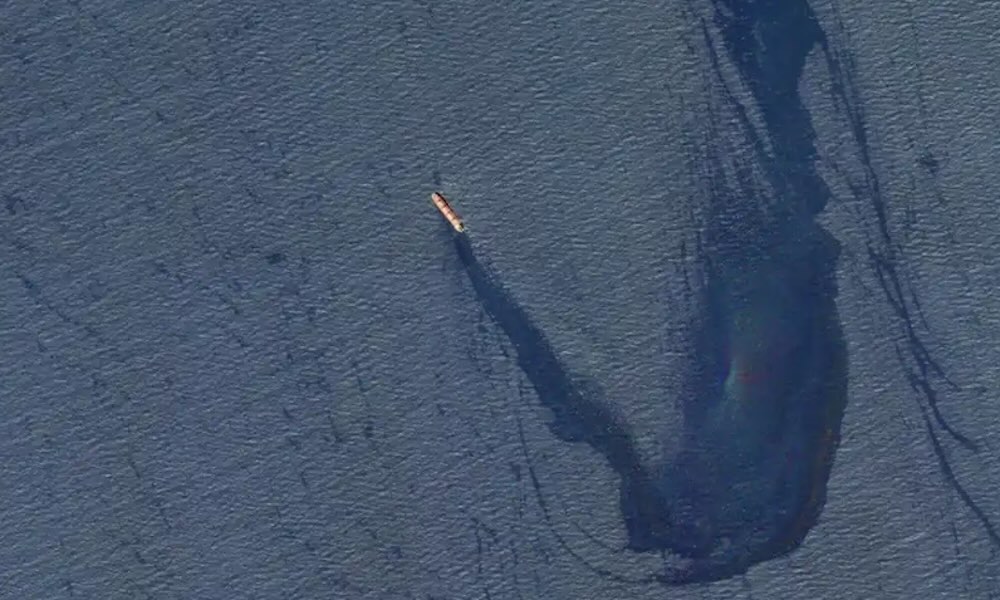
The RUBYMAR could spell environmental disaster
The recent sinking of the Belize-flagged, Lebanese-operated RUBYMAR off the coast of Yemen has raised alarm among officials and environmental experts, who warn of severe environmental consequences that could impact marine ecosystems and coastal communities. The vessel, targeted by a Houthi missile attack on February 18, was carrying 21,000 metric tonnes of ammonium phosphate sulphate fertiliser.
The sinking poses a dual threat to the region’s environment, with leaking fuel and soluble fertiliser now posing a significant risk to marine life, coral reefs, and the livelihoods of coastal fishing communities. The vessel had been taking on water since the missile strike, marking a significant escalation in Houthi attacks on commercial ships since November.
Abdulsalam al-Jaabi, from the Yemeni government’s environmental protection agency, emphasized the potential for “double pollution” resulting from both oil leakage and the highly soluble fertiliser. He estimated the fuel oil onboard to exceed 200 tonnes, while the fertiliser’s release into the sea could harm fish and living organisms, including coral reefs and seaweed.
The impact on coastal communities, where up to half a million people depend on fishing for survival, could lead to “significant economic costs.” The urgency of the situation prompted concerns from port authorities in Aden, Djibouti, and Saudi Arabia, with fears of a looming environmental disaster preventing the acceptance of the sinking vessel.
Roy Khoury, the CEO of Blue Fleet Group, the ship’s Lebanese operator, stated that attempts to tow the vessel failed after refusals from Aden, Djibouti, and Saudi Arabia. Aden’s refusal was attributed to the fear of an environmental disaster, while Djibouti cited “environmental risks.” Saudi authorities were not immediately available for comment.
Without immediate action, the situation could escalate into a major environmental crisis, warned Julien Jreissati, the Middle East and North Africa program director at Greenpeace. The sinking vessel could further breach the hull, allowing water to come into contact with the fertiliser, disrupting the balance of marine ecosystems and triggering cascading effects throughout the food web.
UN special envoy for Yemen, Hans Grundberg, announced that five experts from the UN Environment Programme would conduct an assessment in coordination with the Yemeni Environment Ministry. George Wikoff, the head of the US Navy’s Bahrain-based Fifth Fleet, emphasized the environmental risks, including algae blooms and damaged coral, and the threat the sinking ship poses to Red Sea navigation.
As international efforts are underway to address this environmental catastrophe, the responsible party for the RUBYMAR remains unclear. Centcom indicates British registration, while the Lebanese operator claims the ship is registered in the Marshall Islands. As the situation unfolds, urgent action is needed to mitigate the potential devastation to the Red Sea’s delicate ecosystem and the livelihoods of those dependent on its resources.
For more advice or to speak to one of our maritime security experts, contact us at enquiries@priavosecurity.com or call +44 (0) 20 7315 4221.
